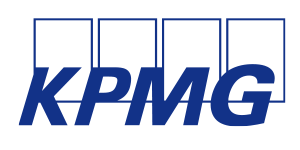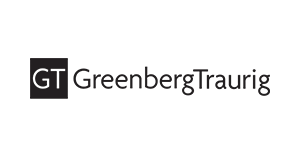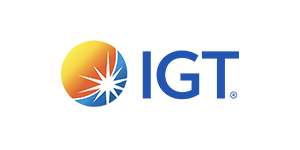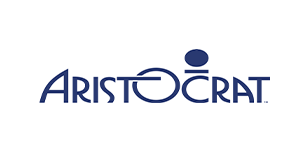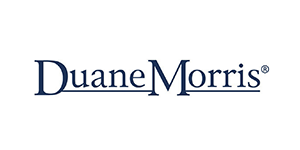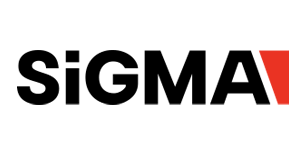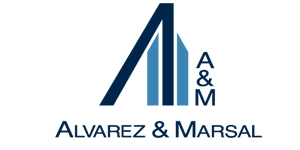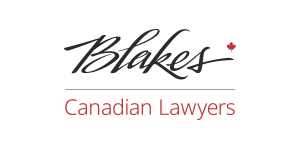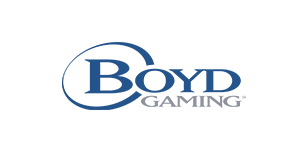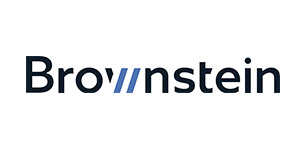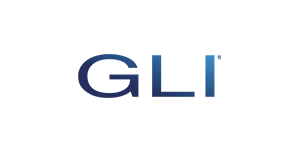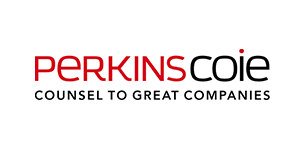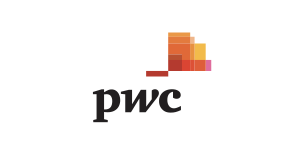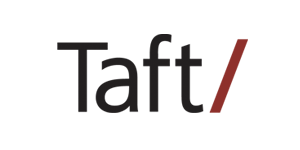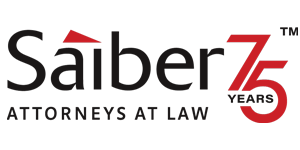- Home
- About IAGA
- Events
- Membership
- Sponsorship
|
White Paper Series: Transforming corporate culture by “driving personal accountability and responsibility” for lookers-on seeing most of the game? In the first wave of consultations following the release of the White Paper, the Gambling Commission announced plans to change licence condition 1.2.1 to “clarify and extend the roles” that trigger a requirement to hold a personal management licence (“PML”). The key proposed changes are to extend the requirement to hold a PML to a licensee’s Board Chair and, on a case-by-case basis, to CEOs and directors of “parent companies or subsidiaries in the group”. In this article, we consider the current requirements, the Gambling Commission’s proposals and what they will mean in practice. Before we do so, we consider the correlation of PML requirements with corporate culture. Corporate culture Every decision made by gambling businesses, their Boards, PMLs and other key decision-makers must be underpinned by the licensing objectives if it is to minimise harm and help ensure the success and sustainability of the industry we cherish. There is no one-size-fits-all approach, but business leaders undoubtedly play the most important role in building a strong foundation and effective corporate culture that protects the most important asset – a gambling licence. What is culture? Culture is a set of behaviours and mindsets that characterise a business. As we know from our client experience, whilst there are commonalities, the culture of every gambling business is individual. Why is it important? Business leaders are generally expected to manage the drivers of behaviour to create and maintain culture. In sophisticated regulated industries, the regulator is also considered to play an important role given its central position, unique viewpoint and often a desire to drive change. Who needs a PML currently? “Management office” is defined in section 80(5) of the Gambling Act 2005 as:
What are the proposed changes?
Why is it changing? Individuals make decisions, and, therefore, these individuals will determine whether or not a gambling business is compliant. These proposals therefore come as no surprise. They are a blunt instrument for, firstly, “driving personal accountability and responsibility” and, secondly, ensuring the Gambling Commission has “adequate regulatory reach over individuals when failures are found”. From our extensive enforcement work, both for gambling businesses and PMLs, the Gambling Commission has a mounting focus on identifying who (generally within senior and executive management) was responsible for failures. “Responsibility” could mean day to day responsibility or executive responsibility, but in our experience, not enough consideration is given by gambling businesses or the Gambling Commission – outside enforcement action – to mapping out individuals’ responsibilities (in full or shared) and considering governance and control. In principle, it seems to us that the Gambling Commission is striking the right balance with these proposals, particularly with the requirement that Chairs must hold PMLs. Increasing the number of PMLs, particularly at a senior level, will drive personal accountability and responsibility, and thereby hopefully enhance the corporate culture. By personally licensing the Chair of the Board, the Gambling Commission will “ensure that those responsible for scrutiny, strategy and leadership at the most senior level within the organisation” will improve Board focus on, and accountability for, the licensing objectives and encouraging them to set the tone from the top and lead a culture of compliance. It is worth noting, the Gambling Commission could have proposed that each member of a licensee’s Board hold a PML. Whilst it did consider this option, it decided it would have unintended consequences of diluting accountability and making it harder to take enforcement action. Implementation issues, timelines and practicalities
|

